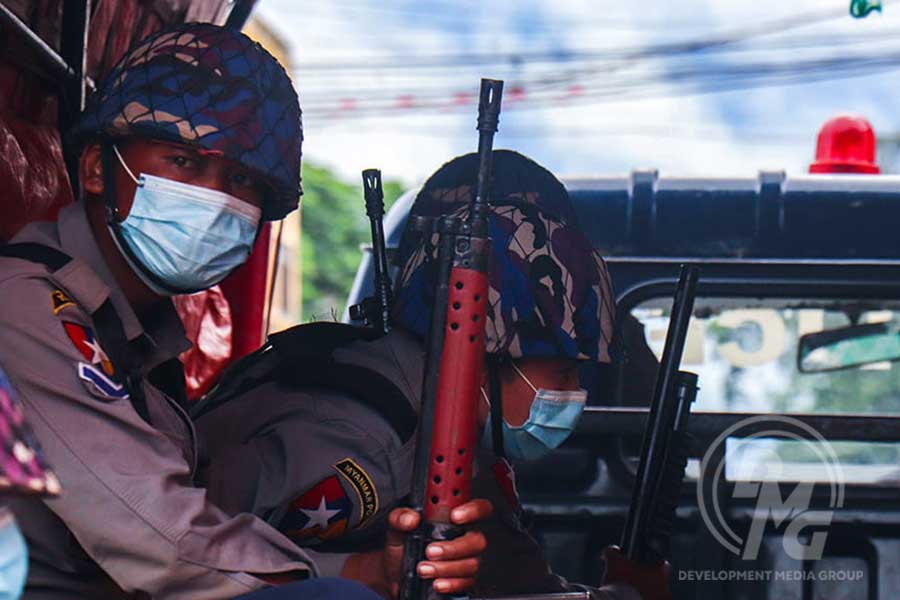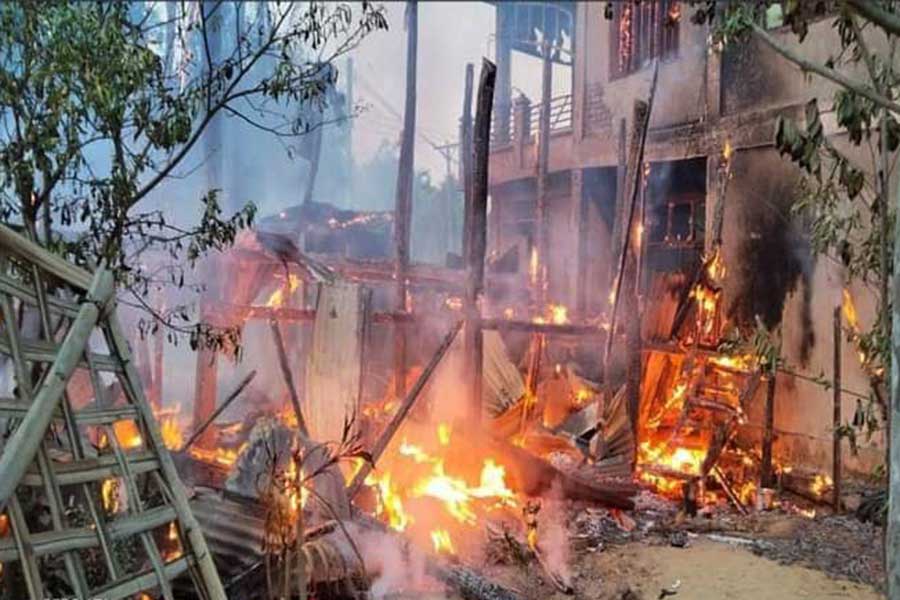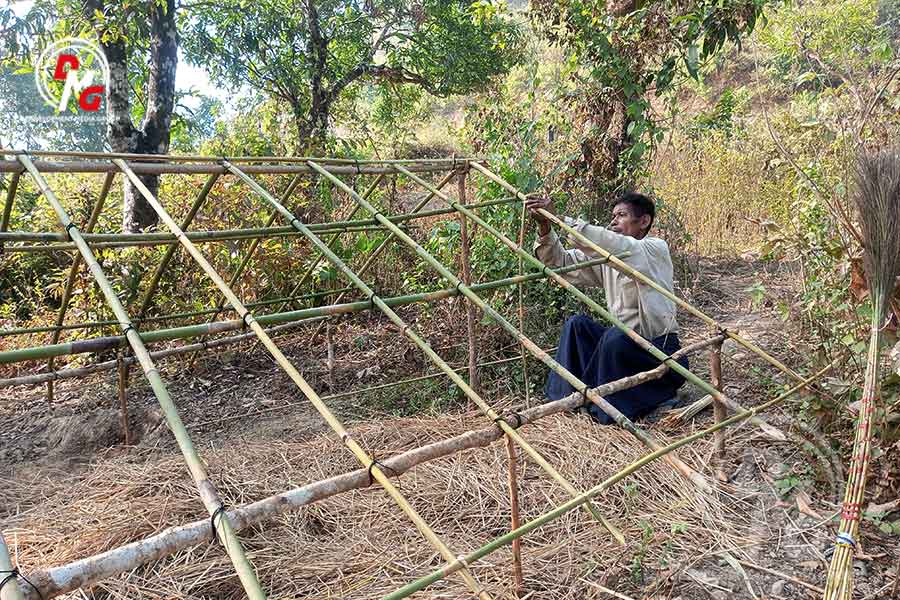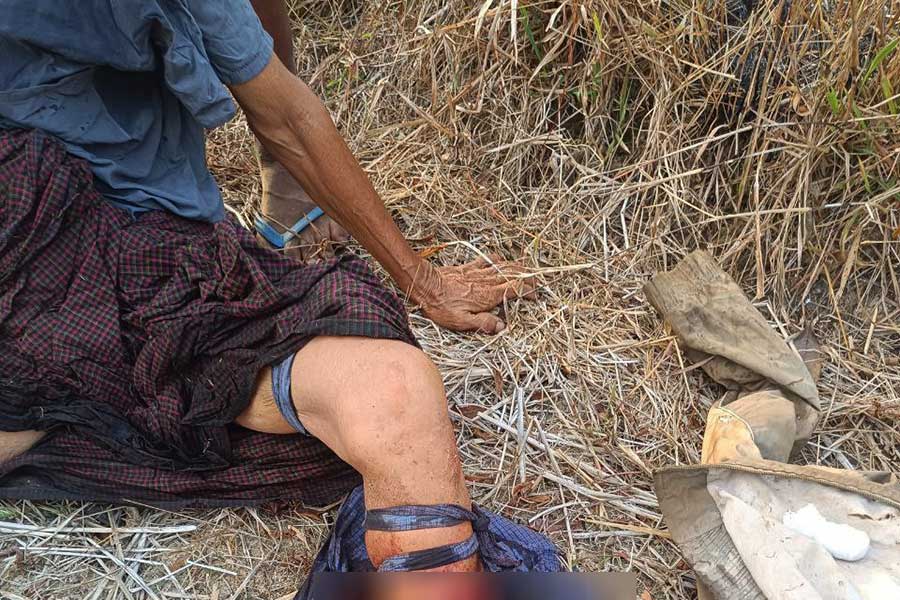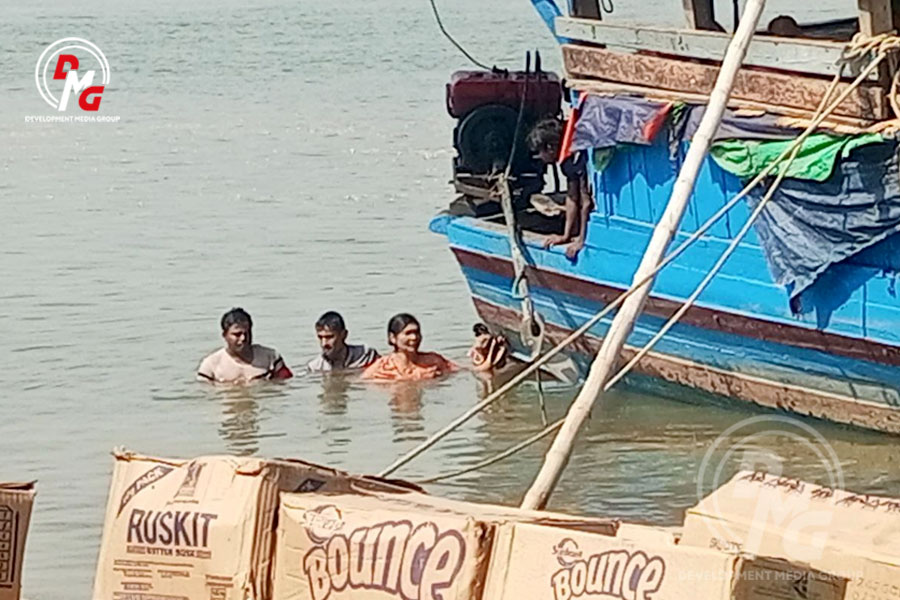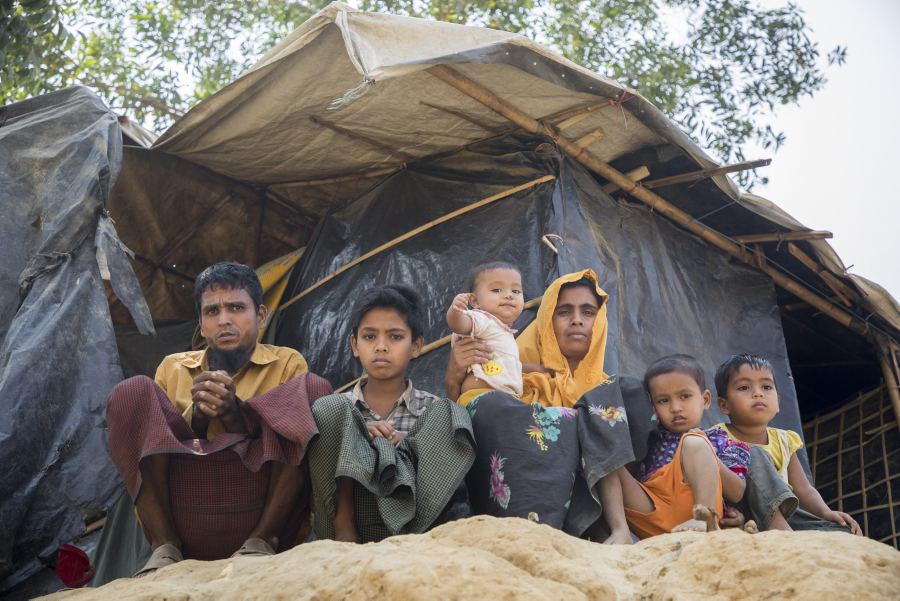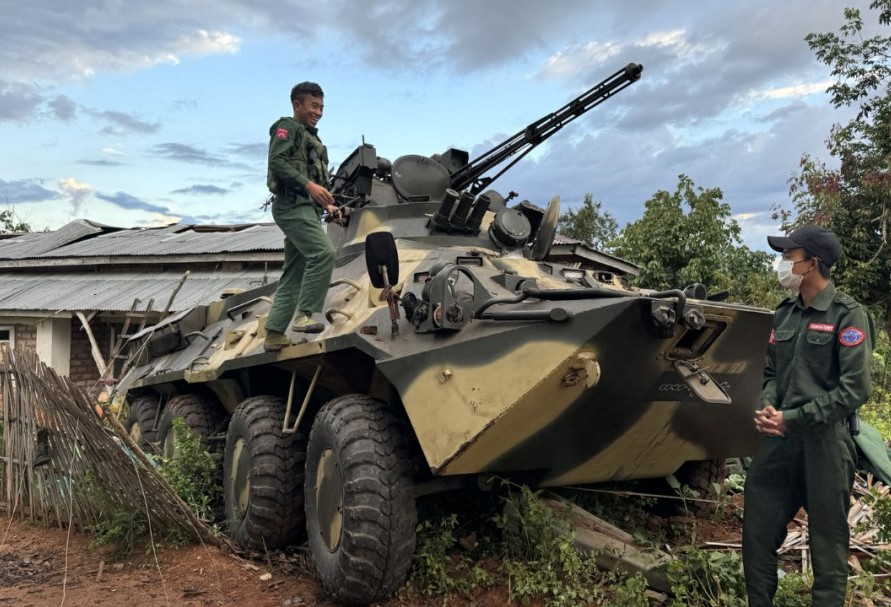- Thousands of houses torched, bulldozed by junta in Buthidaung
- Driver killed, two injured as junta soldiers open fire on bus in Thandwe Twsp
- Regime shelling kills two civilians, injures another in two Arakan State townships
- Septuagenarian loses leg in landmine explosion in Kyaukphyu Twsp
- Muslim communities accuse regime of stoking racial strife
Few job prospects lead Arakan youth to seek opportunities elsewhere
Young people in Arakan State have meagre job opportunities due to a dearth of factories and lack of government assistance, according to lawmakers and local organisations, who note that talent continues to leave the state in search of employment elsewhere.
23 Dec 2020
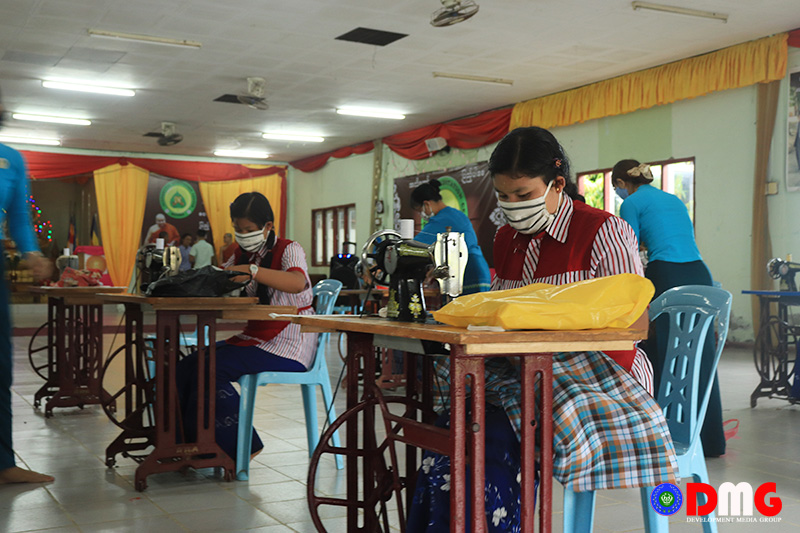
Kyaw Thu Htay | DMG
24 December 2020, Sittwe
Young people in Arakan State have meagre job opportunities due to a dearth of factories and lack of government assistance, according to lawmakers and local organisations, who note that talent continues to leave the state in search of employment elsewhere.
According to a survey that the Arakan State-based organisation People for People compiled in 2016, 10% of Arakanese youths in the state had a job, while 90% said acceptable employment was a distant prospect — literally. In the years since the survey, the group says the situation has gotten worse.
Ko Soe Linn, executive director of People for People, said young people did not have job opportunities in the state due to poor transportation infrastructure, and a handful of other structural shortcomings.
“The transportation is bad in the state. And there are no factories and workshops. The project to provide technology for youths is also insufficient. Meanwhile, electricity is not supplied for all areas in the state,” he said. “The facility that we have in the state at the moment is provided by NGOs and the international community. The projects arranged by the government are pretty weak.”
Many Arakanese youths are working abroad or outside the state, and the few who are involved in local business are facing challenges due to the COVID-19 pandemic and conflict between the Tatmadaw and Arakan Army, he said.
“Since job opportunities are scarce in the state, the majority of the people have to work abroad,” Ko Soe Linn said.
“The situation is worse since the COVID-19 pandemic’s impacts on the state, where transportation is bad and armed conflict is occurring. Travel restrictions make it difficult for young people to access job opportunities,” he said.
U Oo Tun Win, the Pyithu Hluttaw lawmaker for Kyauktaw Township, said lack of technology and factories is pushing youths to leave the state and seek work abroad.
“For the agriculture and livestock sectors, we need technology. However, the government did not arrange training for youths systematically. So, they do not have many job opportunities. The government hasn’t been able to build more factories in the state,” he said.
Meanwhile, the ability for young people to pursue studies online is denied to a large swath of Arakan State due to government-imposed restrictions on internet access, the MP added.
Ko Maung Win Zaw, a final-year student from Ponnagyun town who is taking distance-learning university courses, said he wanted to work to earn some extra money while in-person university classes are suspended, but he has been unable to find work in a scant job market.
“As there are no job opportunities, young people have to go abroad to work. If the government implements some projects in the state, young people will get some job opportunities,” he said.
Agriculture is the economic lifeblood of Arakan State, one of Myanmar’s least developed regions, where residents say the government should provide assistance and technology to the state’s farmers and related sectors.

